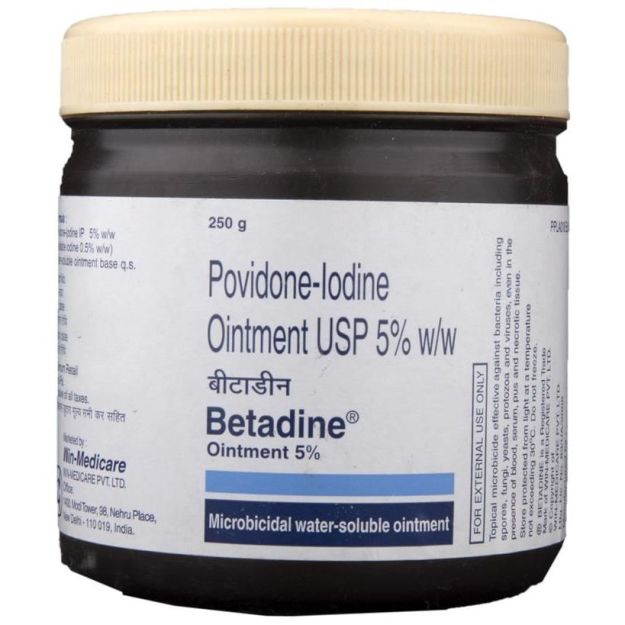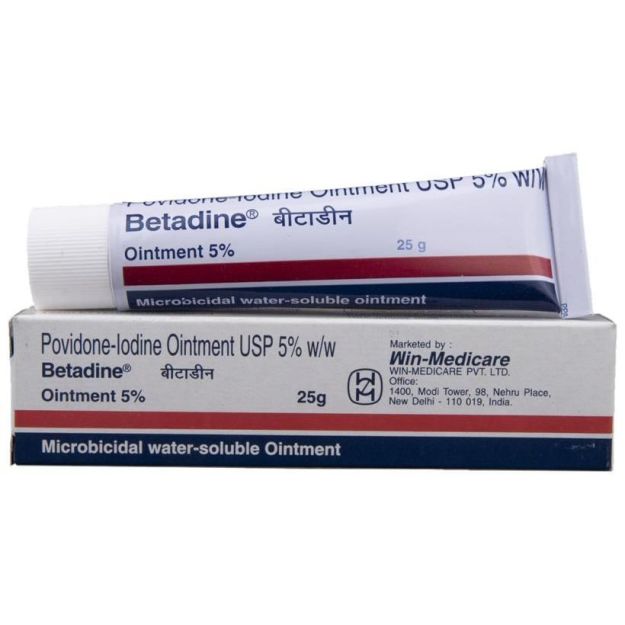Alphadine Ointment, a prescription drug, is manufactured in various forms such as Ointment. Primarily, it is used for the treatment of Infections, Open Wound. Alphadine Ointment also has some secondary and off-label uses. These are listed below.
The correct dosage of Alphadine Ointment depends on the patient's age, gender, and medical history. Individual symptoms and route of administration also determines the right dosage. For detailed information on this, read through the dosage section.
Apart from the aforementioned side effects, Alphadine Ointment can also lead to other problems, which have been listed below. These side effects of Alphadine Ointment are usually temporary and subside with the completion of treatment. Please speak with your doctor if these side effects worsen or persist for a longer duration.
It is also important to note that Alphadine Ointment has a Moderate effect for pregnant women and Moderate effect on lactating mothers. Warnings related to Alphadine Ointment's effects on the liver, heart and kidney, if any, have been listed below.
Alphadine Ointment is contraindicated in people with pre-existing medical conditions like Drug Allergy as it can result in adverse effects. Other conditions have been mentioned below in the Alphadine Ointment contraindications section.
Drug interactions for Alphadine Ointment have been reported in the medical literature. See below for a complete list.
Along with the above-mentioned precautions, remember that taking Alphadine Ointment is considered safe while driving, and is addictive.
X














